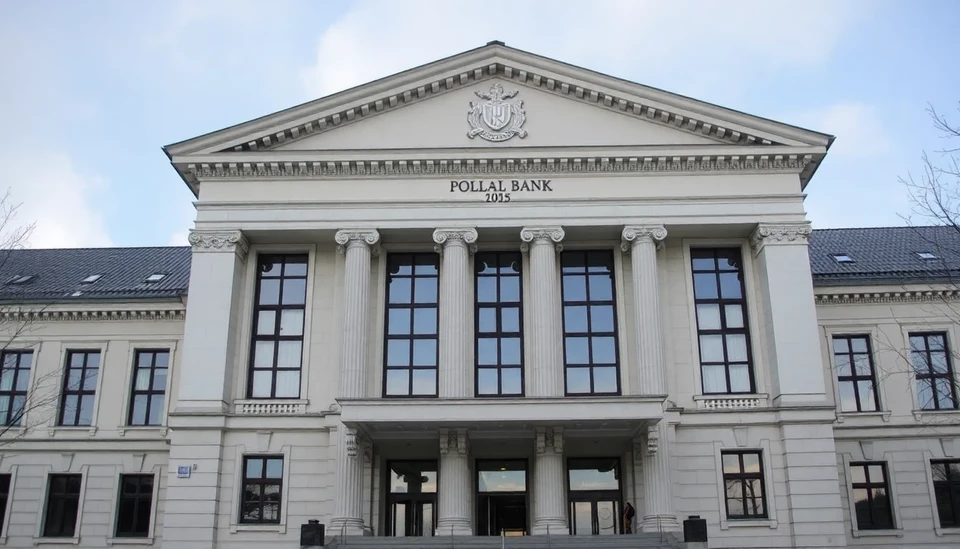
As the world’s central banks grapple with the rapid pace of digital innovation, a notable backlash has emerged against the Bank for International Settlements (BIS) Innovation Hub. This initiative, aimed at fostering the development of new financial technologies and central bank digital currencies (CBDCs), is facing increasing scrutiny and resistance from various national authorities. Critics argue that the BIS’s approach may undermine their monetary policies and regional financial stability.
Central banks worldwide have been exploring the potential implications of digital currencies and technologies, motivated by the rise of cryptocurrencies and the evolving landscape of the global financial system. The BIS Innovation Hub, launched in 2020, was designed to promote collaboration between central banks and foster innovative solutions for the modern financial ecosystem. However, as the hub has gained traction, some countries express concerns over its influence on local monetary frameworks and potential governance issues.
The ongoing debates have intensified following a series of regional meetings where central bank officials voiced their apprehensions. For instance, European Central Bank (ECB) leaders have made explicit their reservations about the BIS’s involvement in shaping digital currency policies, advocating for more localized control over financial innovations.
In addition, several emerging market economies have raised alarms regarding the potential for a one-size-fits-all approach, which could exacerbate existing disparities in economic conditions and access to finance. They argue that while the cooperation and sharing of ideas at the BIS may seem advantageous, it may inadvertently lead to solutions that do not align with their unique economic contexts.
Moreover, concerns about the BIS’s influence extend beyond just governance; issues of sovereignty and national security are at the forefront. Nations worry that adopting BIS recommendations may compromise their autonomy over critical economic policies, particularly in the wake of increased geopolitical tensions.
As the BIS continues to advocate for innovation, a dialogue is unfolding within the field of monetary policy that is unprecedented in its magnitude and complexity. Central banks are now at a crossroads, caught between the necessity of modernizing their systems and preserving their authoritative control over monetary processes.
The central bank backlash presents a significant challenge for the BIS at a time when collaboration between monetary authorities is more crucial than ever. As innovations in finance proliferate, the call for a balanced approach—one that appreciates local needs while leveraging global knowledge—has become louder. The future of the BIS Innovation Hub may hinge on its ability to navigate these intricate dynamics and foster a cooperative environment that respects national prerogatives.
As discussions continue, the implications of this backlash could reshape the future of digital finance and central banking. With central banks pushing back against the BIS, the landscape of financial innovation is poised for a period of uncertainty and reevaluation.
In conclusion, as central banks assert their independence and prioritize national interests, the interaction between local policies and international technological advancements remains a critical area for observation. The BIS will need to adapt to these evolving concerns if it hopes to maintain its relevance in the rapidly changing financial world.
#CentralBank #BIS #InnovationHub #DigitalCurrency #FinancialStability #MonetaryPolicy #Blockchain #FinanceInnovation
Author: Rachel Greene




